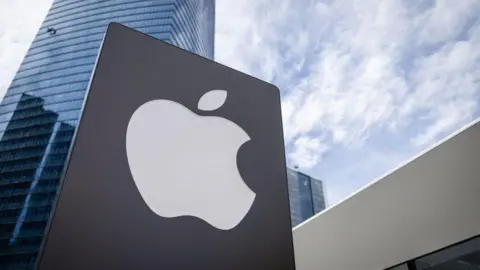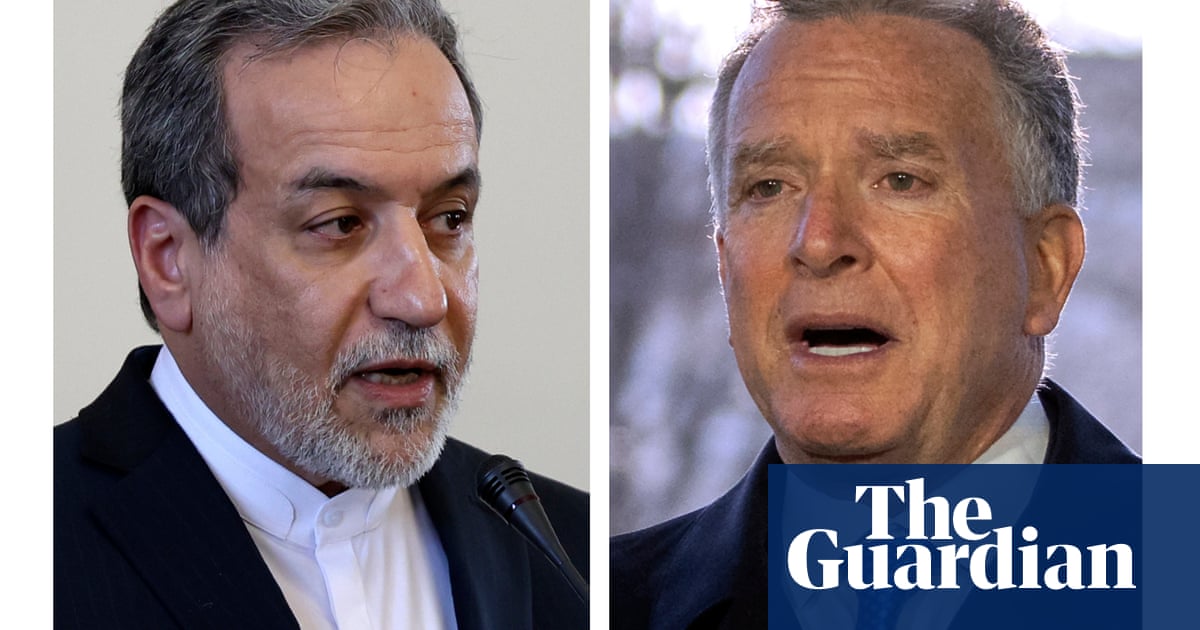“`html
Apple’s Data Privacy Standoff with UK Government: A Win for Transparency, But Implications Loom for US Users
April 7, 2025

A UK court has ruled that the legal battle between Apple and the UK government regarding data privacy must be conducted with a degree of transparency, a decision hailed as a victory for civil liberties. The core of the dispute revolves around the Home Office’s desire to access data secured by Apple’s Advanced Data Protection (ADP) system, citing powers granted under the Investigatory Powers Act.
Apple’s ADP system employs end-to-end encryption (E2EE), a security measure that ensures only the user possesses the key to decrypt and access their data. This means that even Apple technically cannot access the encrypted facts. The Home Office’s request essentially demands a “backdoor” into this system, a proposition Apple vehemently opposes.
This legal challenge follows Apple’s decision in Febuary to pull ADP from the UK in direct response to the government’s pressure. In March, Apple initiated legal proceedings against the government, bringing the matter before the Investigatory Powers Tribunal. The government’s argument for secrecy centered on potential damage to national security should the details of the case be made public.
However, the tribunal rejected this argument, emphasizing the principle of open justice and the extensive media coverage the dispute has already received. the tribunal stated that conducting a hearing entirely in secret would be “a truly extraordinary step,” and that revealing the “bare details of the case” would not be prejudicial to national security or damaging to the public interest.
The Core of the Issue: Security vs. Access
The crux of the conflict lies in the basic tension between national security and individual privacy rights. Governments worldwide, including the U.S., are grappling with the challenges posed by end-to-end encryption. While E2EE provides enhanced security for users, it also presents obstacles for law enforcement agencies seeking to access data for investigations.
Consider the hypothetical, but increasingly common, scenario of a terrorist cell using encrypted messaging apps to plan an attack on U.S. soil. Law enforcement’s inability to access these communications could have devastating consequences. This is the argument frequently used to justify calls for “responsible encryption” – a concept that balances security with the need for lawful access.
However,privacy advocates argue that creating backdoors,even for legitimate purposes,ultimately weakens security for everyone. A backdoor accessible to law enforcement could also be exploited by malicious actors, including hackers and foreign governments. This “slippery slope” argument is a central concern in the encryption debate.
In the context of this case, Apple stated, “Apple remains committed to offering our users the highest level of security for their personal data and are hopeful that we will be able to do so in the future in the United Kingdom.” They also added, “As we have said many times before we have never built a backdoor or master key to any of our products or services and we never will.”
Wider Implications for the US and Beyond
The UK case has implications far beyond its borders, notably for the United States. The U.S. government has long debated the issue of encryption, with similar tensions arising between law enforcement and tech companies. The FBI, for example, has repeatedly raised concerns about “going dark” – the inability to access encrypted communications in criminal investigations.
Jim Killock, executive director of Open Rights Group, emphasized the global impact, stating, “This is bigger than the UK and Apple.The Court’s judgment will have implications for the privacy and security of millions of people around the world.”
The ruling in the UK, forcing a degree of transparency, could serve as a precedent for similar cases in the US. It reinforces the importance of public discourse and legal challenges in safeguarding privacy rights in the face of government surveillance powers.
The US already grapples with its own version of these debates. The CLOUD Act, as a notable example, allows the US government to access data stored on servers outside the country, raising concerns about jurisdictional overreach and potential conflicts with other nations’ privacy laws. The apple-UK case underscores the need for international cooperation and clear legal frameworks to address these complex issues.
Hear’s a look at the contrasting views on government access to encrypted data:
| proponents of Government Access | Privacy Advocates |
|---|---|
What are the potential consequences of governments successfully compelling tech companies like Apple to weaken encryption?
Apple’s Data Privacy Standoff with UK Government: An Interview with Dr. Eleanor Vance
Welcome to Archyde News. Today, we’re discussing the landmark ruling in the UK involving Apple and the government’s access to encrypted data. This case has major implications for privacy worldwide. Joining us to shed light on this complex issue is Dr. Eleanor Vance, a leading expert in cybersecurity and digital rights at the Institute for Technology and Policy. Understanding the UK Court’s DecisionArchyde News: dr. Vance,thank you for being hear. Can you break down the meaning of the UK court’s decision forcing greater transparency in the Apple dispute? Dr. Vance: Certainly. The court’s emphasis on transparency is crucial. It acknowledges that the public has a right to understand how governments are exercising their powers, particularly when it comes to surveillance and data access. The ruling is a victory for open justice and sets a precedent for future cases involving encryption and national security concerns. Even if the specifics of the case are kept a secret, it is a huge step forward to have the ruling completely transparent to the public. archyde News: The article highlights the core conflict between security and accessibility. How does Apple’s stance, providing end-to-end encryption (E2EE), factor into this tension? Dr. Vance: Apple’s implementation of E2EE is a basic aspect of this case. It’s about the company’s commitment to user privacy by design. E2EE means that even Apple, as the provider, can’t access the data. This security model is designed to protect user data from all unauthorized forms of access. However, it presents a important challenge for law enforcement, which the UK government seems to have taken offense to. Global Implications and the US ContextArchyde News: The implications extend beyond the UK’s borders. What are the key takeaways for the United States, especially considering the CLOUD Act and related debates? Dr. Vance: The US faces similar debates. The CLOUD Act, which allows the US government to access data stored overseas, is a prime example. This expands the reach of US law enforcement and could potentially conflict with other nations’ data privacy regulations. This case underscores the necessity for international cooperation and clear legal frameworks to address this. The ruling highlights the tension and the need for greater checks and balances when it comes to government access to encrypted data. Archyde News: Privacy advocates say that creating backdoors eventually weakens security for everyone. What are your thoughts on the notion of “responsible encryption,” balancing security and lawful access? Dr. Vance: The balancing act between security and lawful access is the heart of the debate. Proponents of “responsible encryption” argue for a solution that allows law enforcement access without fundamentally compromising security. However, the challenge of creating such a system without introducing vulnerabilities is immense.The “slippery slope” argument is crucial here: a backdoor created for legitimate means could be exploited by malicious actors. The question is, how do we balance the need for security with the need to protect the safety of the public? This is one of the biggest and hardest questions that society has to work out. Archyde News: Dr. Vance, thank you for your insights. Before we conclude, what one question you think is crucial for our readers to consider regarding their data privacy considering these developments? Dr. Vance: I believe the question is: How much are you willing to sacrifice privacy for the sake of security, and who gets to decide that balance? This case highlights the ongoing struggle between individual rights and national security requirements. Understanding this balance will be crucial for participating in the very-vital public discussion concerning your data. Archyde News: Thank you for your time. This has been a crucial discussion with Dr. Eleanor Vance on the Apple’s data privacy standoff. Check out our website for more analyses on this and other major tech developments.
Leave a ReplayRecent PostsTagsarticles
Boursorama
charm Xi'an
chronic
cojp
Crime
daily
Donald Trump
Echo (cat)
football
French companies course
Gaza
health
horoscope predictions
immovable
Indonesia
international
israel
Latest Malayalam News
Lifestyle
Major News
News
News Translated into Japanese
offers
oil prices
OPEC Budget
pakistan
Palestine
Politics
Russia
Saudi women
soccer
Sports News
stock exchanges
story
Studies
The UAE
to me
trackers
Translated News
weather
World
Xi'an Daily Official Website
Xi'an News Network
your luck today
© 2025 All rights reserved nproxy.org |






